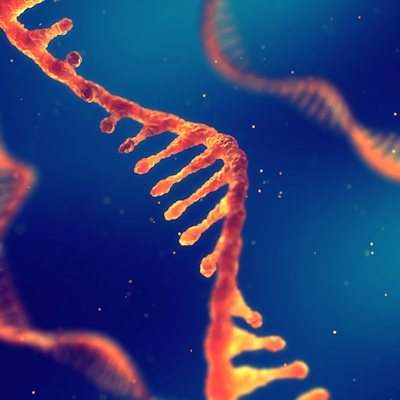October 21, 2022 -- The amygdala, a region of the brain responsible for powerful emotions, may also be responsible for overeating. Cold Spring Harbor Laboratory (CSHL) researchers have discovered a group of neurons in the amygdala that drives mice to eat fatty or sugary foods -- even when they're not hungry.
The study, published October 20 in the journal Nature Neuroscience, may lead to therapeutics targeting these neurons.
Long-term weight management is difficult to achieve in humans. Metabolic processes in the body often reverse any progress made. Therapeutics that may increase the odds of successful treatment often have side effects.
Like most people, mice prefer high-fat, sugary foods, often eating them for pleasure rather than survival. Certain neurons in the amygdala -- called neurotensin neurons -- trigger this behavior, called hedonic eating.
When the researchers switched off these neurons, the mice stopped overeating junk food and increased their physical activity, leading to weight loss and better health. Chronically inactivated neurons protected the mice against long-term weight gain.
The researchers' next step is to find out how neurotensin neurons respond to different foods and what makes them so sensitive. They hope this will lead to improved anti-obesity strategies.
"The medications currently available to aid weight management can cause significant side effects. So, a more targeted approach is needed," co-author Bo Li, PhD, a CSHL professor, said in a statement. "Identifying the brain circuitry that controls eating is important for developing better treatment options for people who struggle to control their weight."
Copyright © 2022 scienceboard.net









